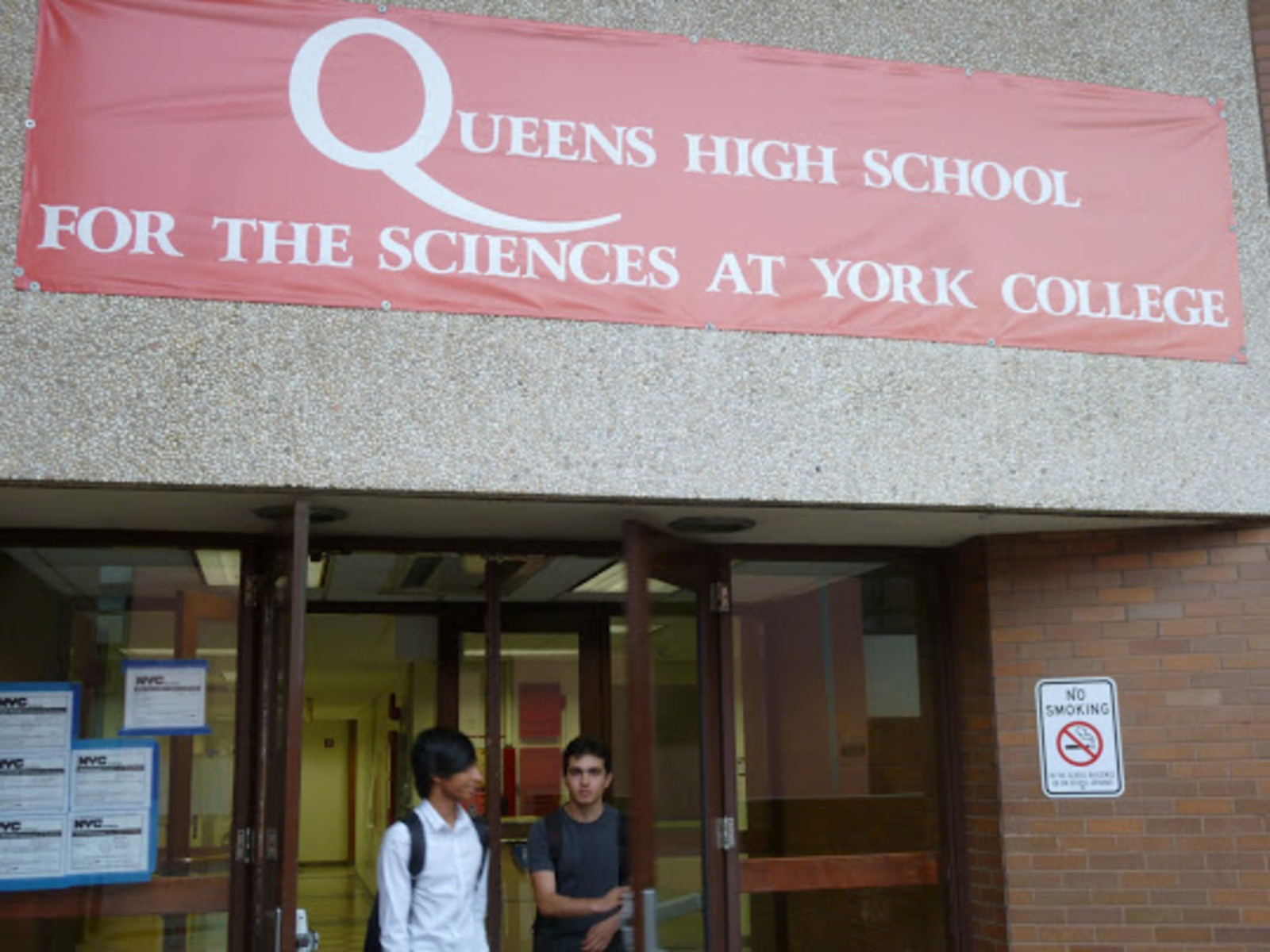College Counselor: Is 3 years of high school enough?

Can you be a strong college applicant with just three years of high school? Two students in very different circumstances want to know.
Q: I live in Honduras, a country where only a few schools offer four years of high school. I attend a school that has only 10th and 11th grades. As an 11th-grader, I am currently a "senior" and am preparing to apply to Ivy League colleges and the best universities in the US. However, I am not sure if American colleges (especially the most selective ones) will recognize my diploma with only three years of high school. I am a straight A student with solid extra-curricular activities and test scores. Is this particular situation an obstacle to my applications? Or will I have to complete 12th grade in another school before applying?
Q: I attend a very large, overcrowded urban public high school in the U.S. I have taken good classes, including some honors courses, and have a GPA of 3.8 out of 4.0 at the end of my sophomore year. But high school really isn't pleasurable for me, and I am thinking of graduating early. Because four years of English are required for a diploma, I figure I can double up on English next year (which is my junior year). This way, I will meet all the minimum course requirements and can graduate a year early and start college a year earlier. Is this a good idea? Will missing a fourth year of high school count against me?
A: Both students have the same dilemma—should they apply to colleges with just three years of high school? If they meet the college or university's entrance requirements, can they apply? Yes. But will they be at a disadvantage? In the first case, perhaps; in the second, definitely!
All colleges and universities evaluate applicants in terms of how they did in the context of their educational environment. The Honduran student has only three years available to her; she can obtain a fourth year, but she has to go out and find it and pay for it. The other student does not talk about what is available at his high school, but he would definitely be taking fewer classes than those who stay for all four years. Would the fourth year include AP courses, a fourth year of science, modern language, and social science? Would it include a chance to develop more leadership or artistic skills?
In either case, these two students would be applying with a more limited academic program than other applicants.
But all is not hopeless. My advice to the Honduran student: Make it clear on your application that you had limited options at your school. It would be wise to contact the colleges several months before applications are due, to see what they suggest. You want to be able to show your strongest attributes. Also, if you are not a U.S. citizen, you should be aware that financial aid is very difficult for non-citizens to obtain. You may have to expand your college list considerably.
To the student who is just not enjoying high school, consider this: Unless you are in a situation that is unhealthy or dangerous (in which case you need to speak immediately to a counselor or other authority figure at your school!), you ought to stay for the fourth year. Students who stay and take more courses will have a stronger curriculum than yours. In New York City, many high schoools are now located on college campuses and give eligible students the chance to take college courses. Other schools here offer College Now classes, either at the high school or at a college.
If you are truly determined to graduate early, please realize that you will be at a disadvantage if you apply to the most selective schools. Less selective schools may be happy to accept you. For example, in New York City, CUNY schools will accept students with only three years of high school as long as they have met the "minimum course requirements" such as four years of English.
In either case, it would be wise for both students to test their plans by discussing them with prospective colleges to learn the most advantageous strategies.
Please Post Comments